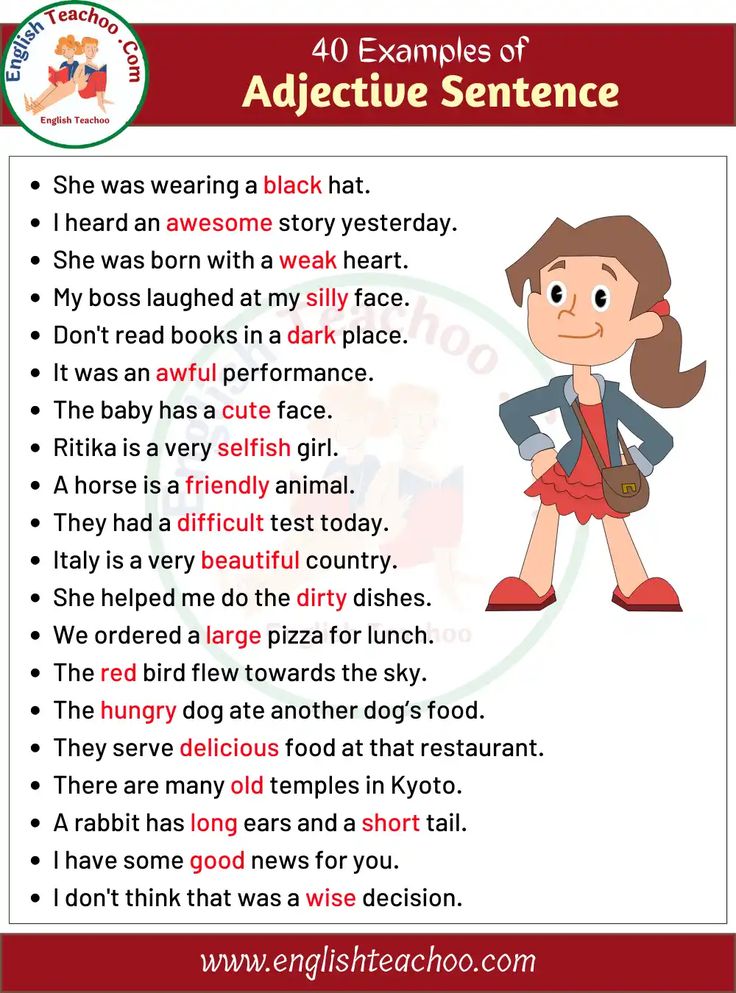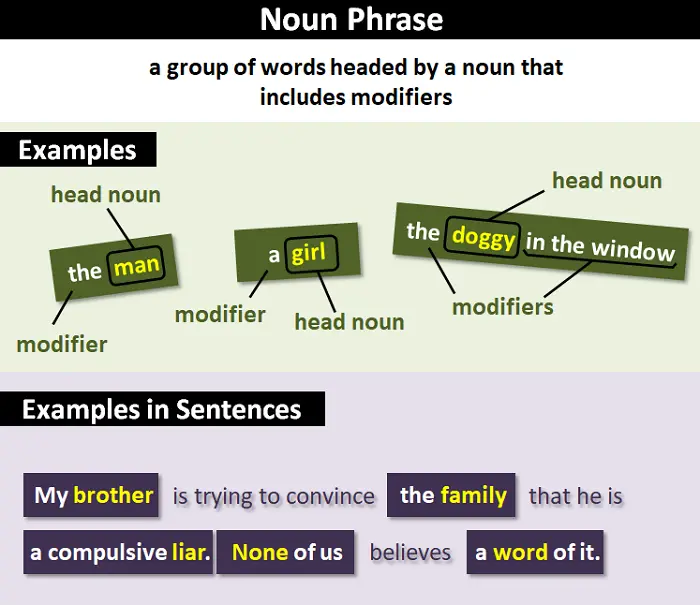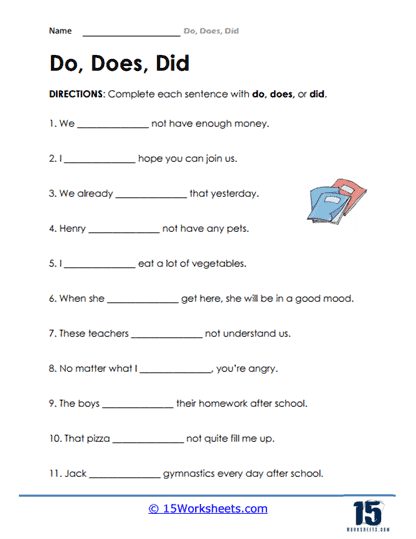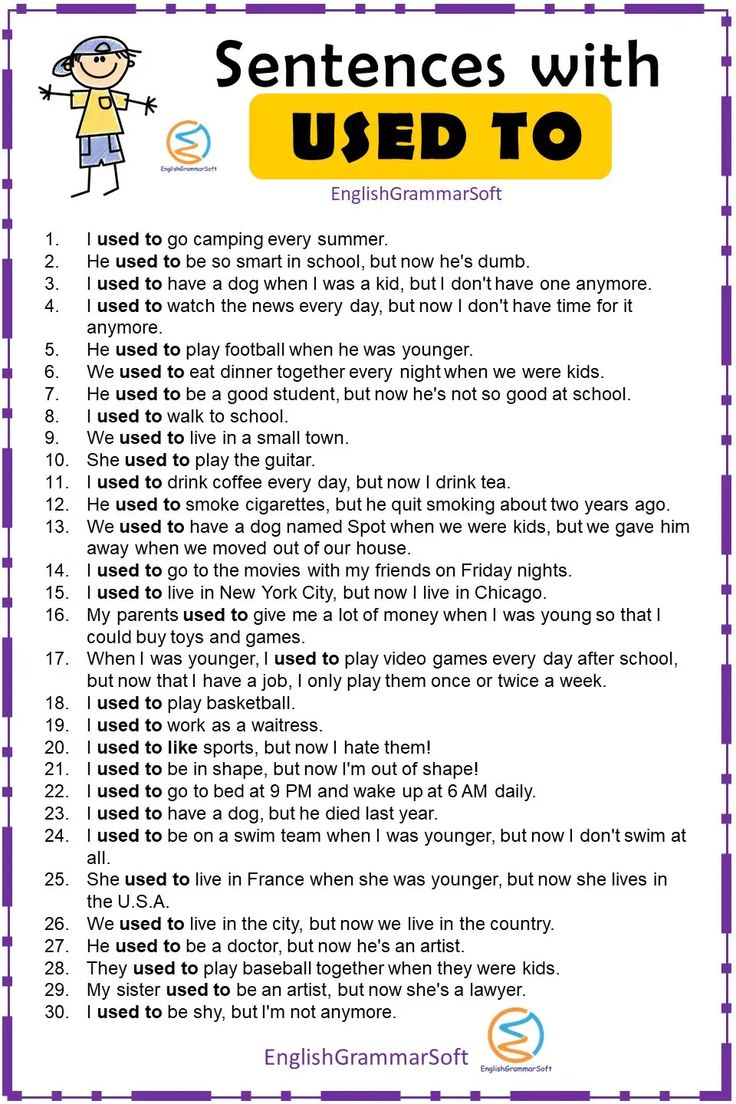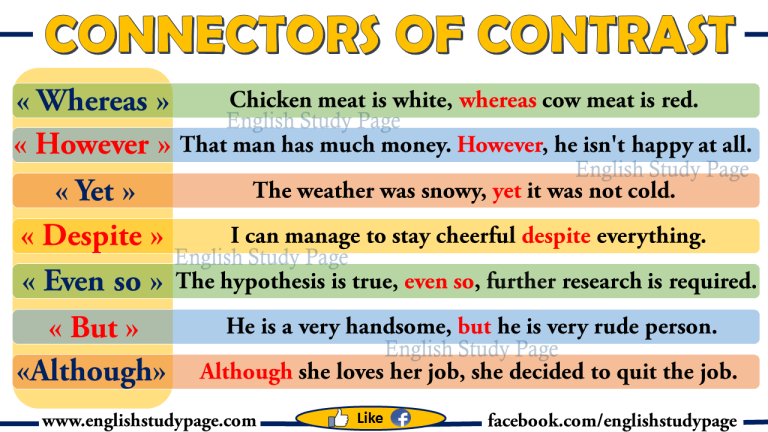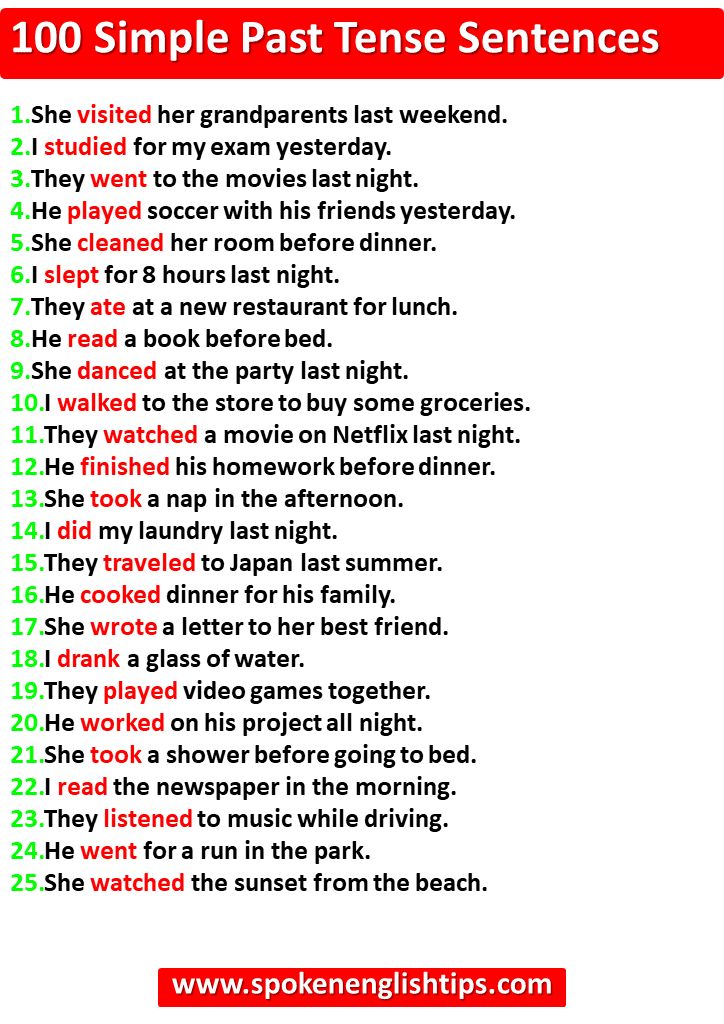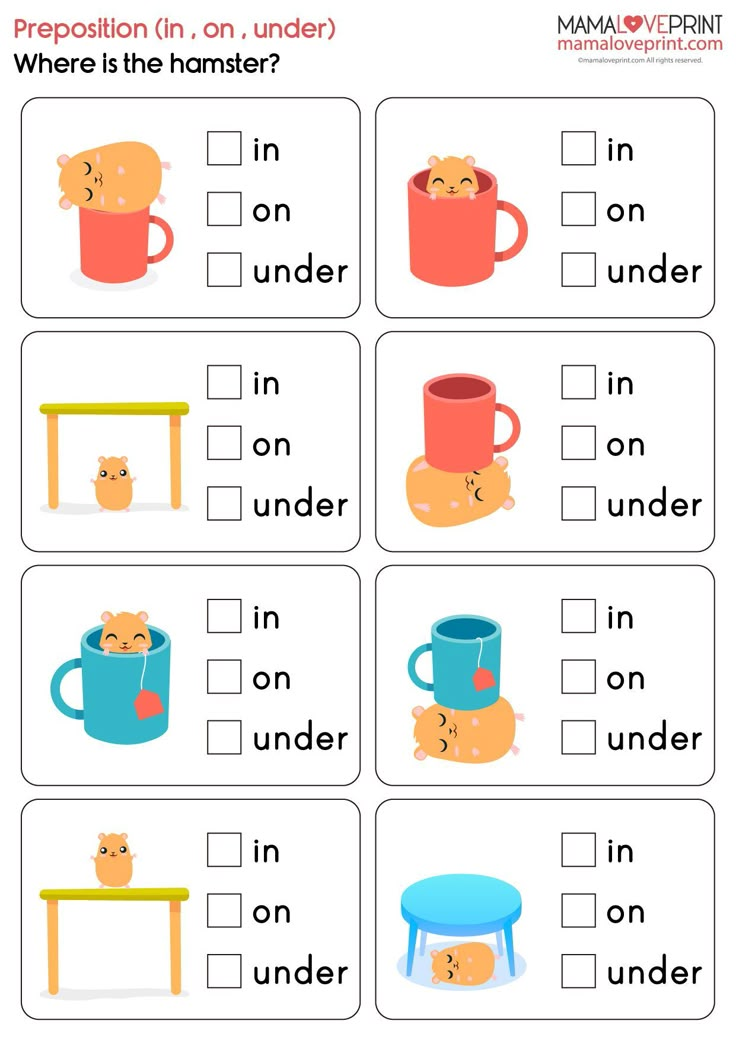Sentences of Adjectives
Imagine a world where every sentence you read paints a vivid picture in your mind. That’s the magic of adjectives.
They are the colorful brushstrokes in the art of language, transforming dull and plain sentences into lively and engaging stories. You’ve probably used adjectives countless times without even realizing the power they hold. But what if you could harness this power to make your writing more captivating and memorable?
By understanding how to effectively use adjectives, you can elevate your communication skills, whether you’re crafting an email, writing a story, or even engaging in casual conversation. Your words can become more impactful, leaving a lasting impression on your audience. This isn’t just about grammar; it’s about making your message resonate. Dive deeper into the world of adjectives and discover how they can transform your sentences and captivate your readers. Are you ready to unlock the full potential of your writing? Let’s explore together.
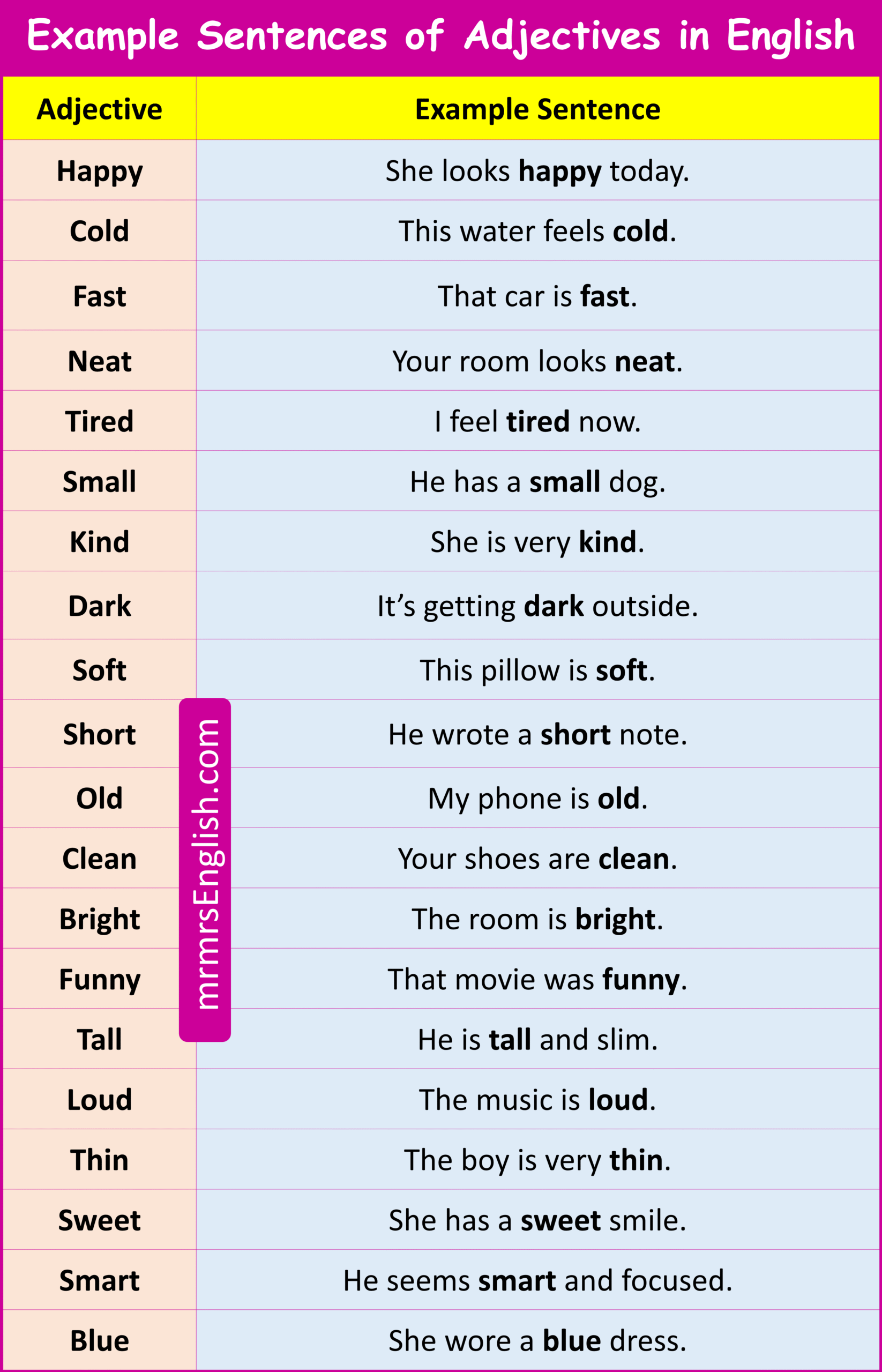
Credit: mrmrsenglish.com
What Are Adjectives?
Adjectives are words that describe nouns. They tell us more about things. Colors are adjectives. Like redand blue. Sizes are adjectives. Bigand smallare examples. Some adjectives describe feelings. Happyand sadare feelings. Adjectives make sentences interesting. They add detail and color. Without them, sentences are dull. “The dog is playful.” “The sky is bright.” Both sentences have adjectives. They help us imagine better.
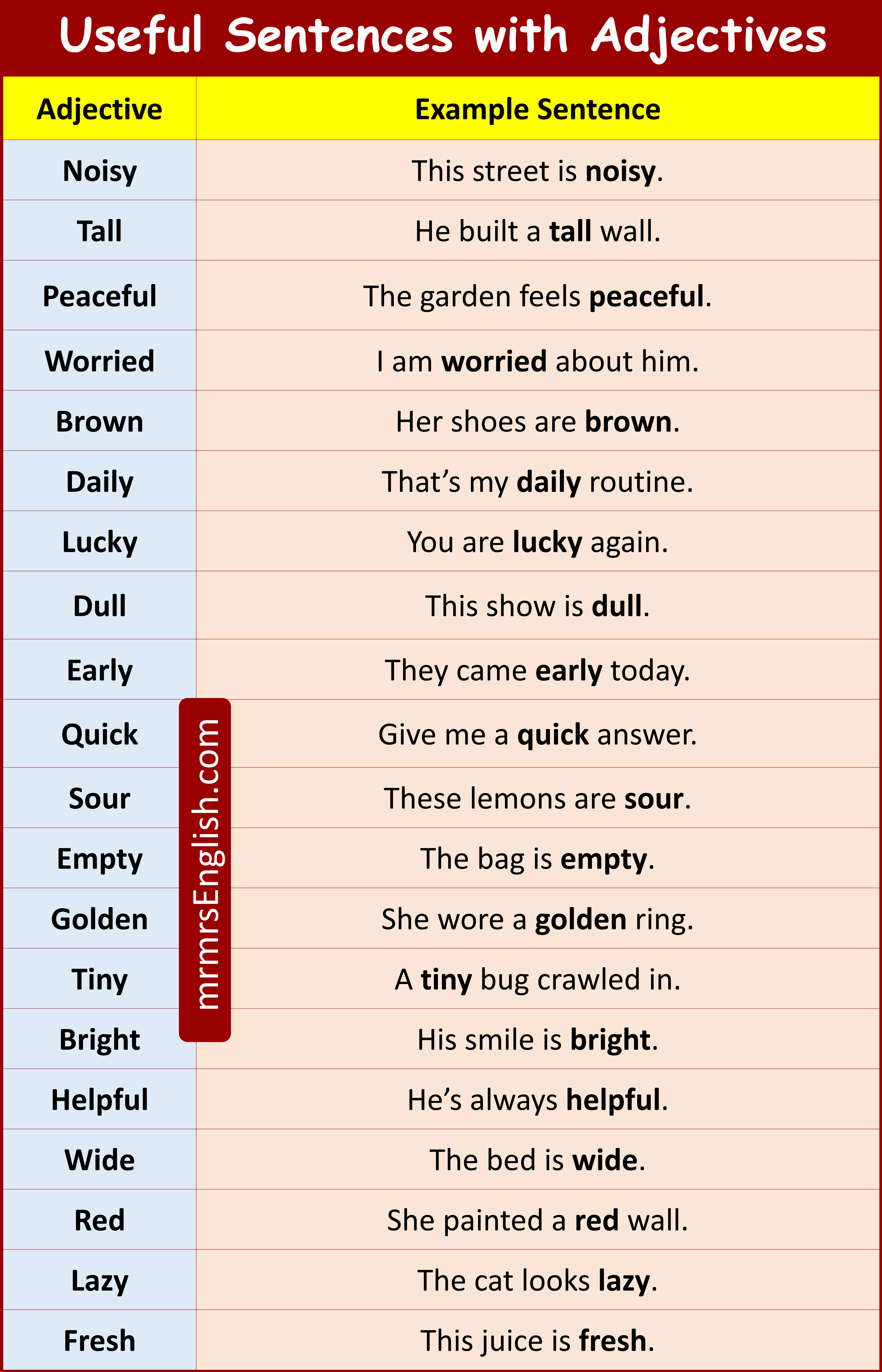
Credit: mrmrsenglish.com
Role Of Adjectives In Sentences
Adjectives give more information about nouns. They make sentences clear and interesting. Without adjectives, sentences can be boring. For example, “The car” becomes “The red car”. Adjectives can show size, color, and shape. They help us understand better.
Adjectives paint pictures with words. They help us see and feel things. A story can become vivid with adjectives. “The dog” can be “The fluffy dog”. Imagery makes reading fun. Adjectives create strong images in our minds.
Types Of Adjectives
Descriptive adjectives tell us more about a noun. They describe how something looks, feels, or sounds. Words like “big,” “blue,”and “happy”are examples. These words help paint a clear picture in our minds. Imagine a “tallbuilding or a softpillow. Descriptive adjectives make stories and descriptions more interesting.
Quantitative adjectives tell us about the amount or quantity. They help answer questions like “how many?” or “how much?” Words like “few,” “many,”and “several”are quantitative. Think of “three apples”or “some milk.”These adjectives help us understand numbers or amounts. They give a clear idea of quantity.
Demonstrative adjectives point out specific things. Words like “this,” “that,” “these,”and “those”are demonstrative. They help show which item we mean. For example, “this book”or “those shoes”tell us exactly what we are talking about. They help make conversations and writing clear and specific.

Credit: www.pinterest.com
Adjective Placement
Adjectives often come before nouns. They give more details about the noun. A blue sky is an example. The word “blue” tells the color of the sky. Tall buildings describe height. “Tall” shows how high the buildings are. Soft pillows are nice for sleeping. “Soft” makes pillows sound comfy. Old books are special treasures. “Old” tells their age. Adjectives make sentences clear. They add color and depth. Use them often.
Some adjectives follow verbs. They describe the subject. The cake is sweet. “Sweet” tells about the cake. The cat feels happy. “Happy” describes the cat’s mood. The water was cold. “Cold” gives a temperature. The task seems easy. “Easy” shows difficulty level. Adjectives after verbs are useful. They tell us more. They make sentences interesting. Use them wisely.
Using Multiple Adjectives
Adjectives describe nouns. They tell us more about something. When using many adjectives, they must go in the right order. This makes sentences clear. The usual order is: opinion, size, age, shape, color, origin, material, and then purpose. For example, “a lovely small old round red French wooden toy.” This order helps everyone understand better. It sounds right to English ears.
Redundancy happens when you repeat meanings. It makes sentences long and confusing. Use only necessary adjectives. If two adjectives mean the same, choose one. For example, “big huge house” should be just “huge house.” This makes writing clearer. It also keeps it simple. Everyone can understand it.
Comparative And Superlative Forms
Comparatives compare two things. Add -er to short adjectives. Example: “tall” becomes “taller”. For long adjectives, use “more”. Example: “beautiful” becomes “more beautiful”. Some adjectives change completely. “Good” becomes “better”. Always remember these rules.
Superlatives show the highest degree. Add -est to short adjectives. Example: “tall” becomes “tallest”. For long adjectives, use “most”. Example: “beautiful” becomes “most beautiful”. Some adjectives change completely. “Good” becomes “best”. These are important rules.
Common Mistakes With Adjectives
Adjectives should describe the right noun. If they are misplaced, meaning changes. For example, “red big balloon” sounds odd. It should be “big red balloon”. The order of adjectives matters. Always keep adjectives close to the nouns. This avoids confusion.
Too many adjectives can make sentences messy. “The big, fluffy, cute, brown dog” is hard to read. Use only necessary adjectives. They should add value to the sentence. Strong adjectives make writing clearer. Choose them wisely. This keeps text simple and engaging.
Enhancing Writing With Adjectives
Adjectives make stories come alive. They paint pictures with words. They add colorand emotionto sentences. A simple sentence can become bright. Instead of “the cat,” say “the fluffy cat.” This gives more details. It helps the reader imagine better. Adjectives are useful in storytelling. They make characters and places memorable.
Adjectives set the mood in writing. A “gloomy day” feels different from a “sunny day.” They help express feelings. Choose adjectives that match the story. A “warm smile” feels friendly. A “cold stare” feels unfriendly. Adjectives guide how readers feel. They give hints about the story. Use them wisely for clear writing.
Frequently Asked Questions
What Are Adjectives In A Sentence?
Adjectives are words that describe or modify nouns. They provide more detail and make sentences vivid. For example, in “the blue sky,” “blue” is the adjective describing the noun “sky. ” Adjectives help convey size, color, shape, and more.
How Do Adjectives Improve Writing?
Adjectives enhance writing by adding detail and depth. They help readers visualize scenes and understand emotions. Using adjectives, writers can paint clearer pictures and create engaging narratives. This makes the text more interesting and relatable.
Can Adjectives Change The Meaning Of A Sentence?
Yes, adjectives can significantly alter a sentence’s meaning. For example, “a small dog” and “a large dog” describe different sizes. Adjectives provide specific details that influence how readers perceive the subject.
How To Use Multiple Adjectives In A Sentence?
When using multiple adjectives, follow a specific order: opinion, size, age, shape, color, origin, material, purpose. For example, “a lovely small old round red Italian wooden dining table. ” This order helps maintain clarity and readability.
Conclusion
Adjectives bring life to sentences. They describe, clarify, and enhance meaning. With adjectives, stories become vivid and engaging. They paint pictures in our minds. Using them effectively can transform writing. Simple words like “happy” or “bright” can make a difference.
Practice using adjectives in daily writing. Notice the impact they have. Your sentences will become more colorful. Readers will enjoy your texts more. Keep experimenting with new adjectives. Discover how they fit in your style. Enjoy the journey of learning and improving.
Adjectives are powerful tools for every writer.
